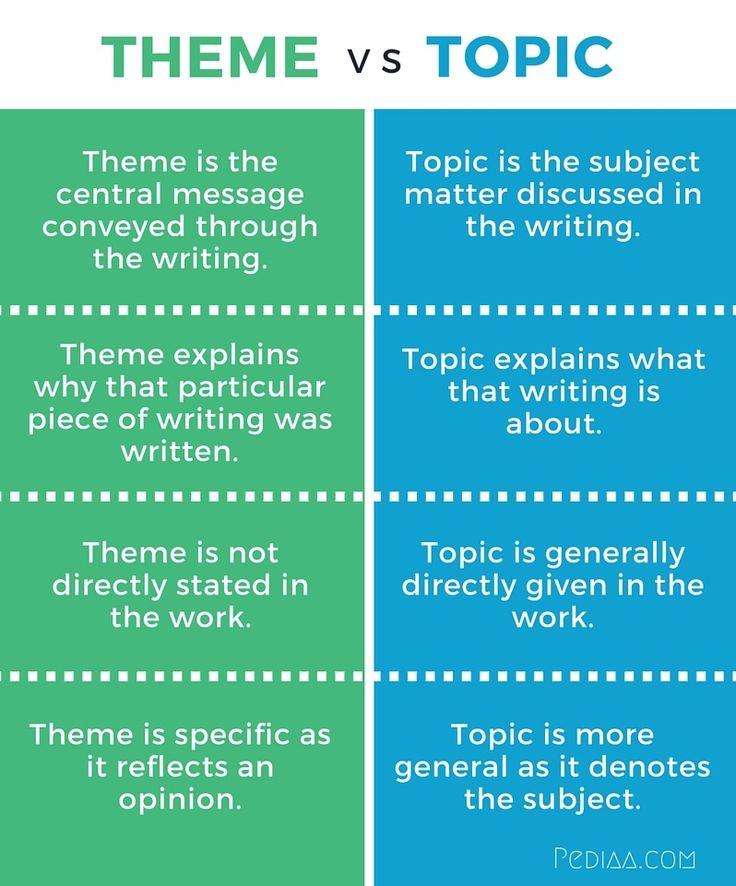As Uganda gears up for the 2026 elections, the political landscape is set to be marked by renewed contention and fervent debate, particularly surrounding the candidacy of musician-turned-politician Robert Kyagulanyi, widely known as Bobi Wine. In a significant development, the country’s Electoral Commission has cleared Bobi Wine to challenge long-serving President Yoweri Museveni once again, setting the stage for a possible repeat of the dramatic electoral battle that captivated the nation in 2021. With Museveni, who has been in power since 1986, facing increasing public discontent over issues such as corruption, economic hardship, and human rights abuses, this election is poised to be a pivotal moment in Uganda’s turbulent political history. As both candidates prepare for what is sure to be a contentious campaign period, the eyes of the nation and the international community will be keenly focused on the unfolding events in East Africa’s political epicenter.
Bobi Wine’s Candidacy: A New Challenge to Museveni’s Long-Reigning Rule
In a significant turn of events, Bobi Wine has officially been cleared to run against President Yoweri Museveni in the 2026 elections, igniting fresh hopes among Ugandans yearning for change. This decision comes amidst a backdrop of longstanding political tension, where Museveni has held power for over three decades. The 2021 elections were marked by controversy, with widespread allegations of electoral malpractice and violence, leading many to view Wine as a beacon of hope for a new generation eager to challenge the status quo. His supporters believe that his platform, which emphasizes social justice, transparency, and youth empowerment, resonates strongly with the electorate, particularly the younger population that constitutes a significant demographic of Uganda’s voters.
As Bobi Wine gears up for the election cycle, his campaign strategy is likely to focus on mobilizing grassroots support and leveraging social media to amplify his message. Key aspects of his campaign may include:
- Anti-corruption initiatives aimed at restoring public trust.
- Economic reforms that prioritize job creation for youth.
- Human rights advocacy to ensure political freedom for all citizens.
Political analysts suggest that this upcoming election not only represents a challenge to Museveni’s decades-long grip on power but may also redefine the political landscape in Uganda. As the political temperature rises, all eyes will be on the campaigns, debates, and the pulse of the electorate as they weigh their options in a country at a crossroads.
Implications of the Upcoming Elections for Uganda’s Democratic Landscape
The upcoming elections in Uganda signal a critical juncture for the country’s democratic trajectory, particularly with the return of prominent opposition leader Bobi Wine to the political arena. His clearance to challenge long-serving President Yoweri Museveni has invigorated a segment of the electorate disillusioned by years of authoritarian governance. Key factors influencing this election cycle include:
- Public Sentiment: Growing discontent among youth and urban populations may shift electoral dynamics.
- International Observers: Increased scrutiny from global watchdogs could pressure the government to ensure fair electoral processes.
- Media Freedom: The role of a free press remains pivotal in disseminating information and mobilizing support.
As the political landscape evolves, the implications of these elections extend beyond merely choosing a leader. They could redefine the contours of civic engagement and political participation in Uganda. Analysts suggest that if Bobi Wine gains significant traction, it might encourage a more vibrant opposition, fostering a culture of accountability and transparency. Essential considerations include:
- Electoral Integrity: The fairness of the electoral process will be critical in establishing legitimacy.
- Dissenting Voices: How the ruling party addresses opposition might set the tone for future political discourse.
- Social Movements: Grassroots organizations and youth initiatives could play a crucial role in shaping the election narrative.
Strategies for a Competitive Election: Insights on Campaigning in Uganda
As Uganda heads towards the 2026 elections, candidates are gearing up for a highly competitive environment. With Bobi Wine officially cleared to challenge President Museveni once more, understanding effective campaigning strategies becomes crucial. Key tactics likely to shape the electoral landscape include:
- Grassroots Mobilization: Engaging local communities through town hall meetings and community forums to foster trust and support.
- Leveraging Social Media: Utilizing platforms like Twitter, Facebook, and Instagram to reach younger voters and spread campaign messages quickly.
- Data-Driven Campaigning: Analyzing voter demographics and past election data to tailor messages that resonate with different segments of the population.
- Coalition Building: Forming alliances with other political parties or movements to strengthen overall electoral impact.
In addition to these strategies, candidates must navigate the current political landscape, which poses unique challenges. Engaging in transparent dialogue and addressing pressing national issues such as unemployment, healthcare, and corruption will be pivotal. To illustrate, consider the following points on voter concerns that might shape this election:
| Concern | Voter Interest Level |
|---|---|
| Corruption | High |
| Unemployment | Very High |
| Healthcare Access | Moderate |
| Education Quality | High |
Final Thoughts
In conclusion, the upcoming 2026 elections in Uganda are poised to be a pivotal moment in the nation’s political landscape, particularly with the announcement that Bobi Wine has been cleared to challenge the long-standing incumbent President Yoweri Museveni. As the electoral atmosphere heats up, both candidates will undoubtedly face immense scrutiny and pressure from their supporters and critics alike. With Uganda’s democratic processes being tested yet again, the actions and reforms leading up to the elections will be critical in shaping the future of governance in the country. As citizens prepare to cast their votes, the world will be watching to see if this election can indeed become a turning point for Uganda, or if it will merely reaffirm the status quo. The next few months are sure to be filled with intense political debates, strategic alliances, and grassroots mobilizations, underscoring the importance of civic engagement in this vital democratic process.

